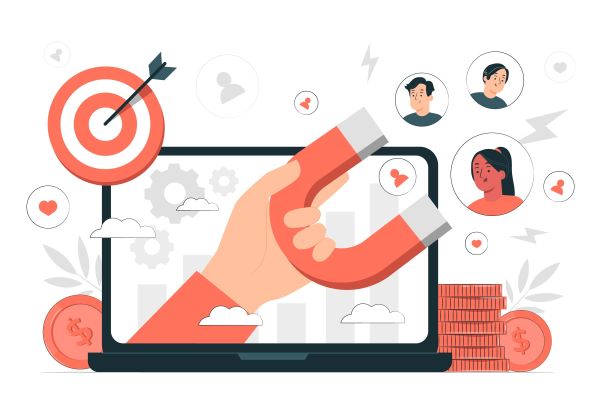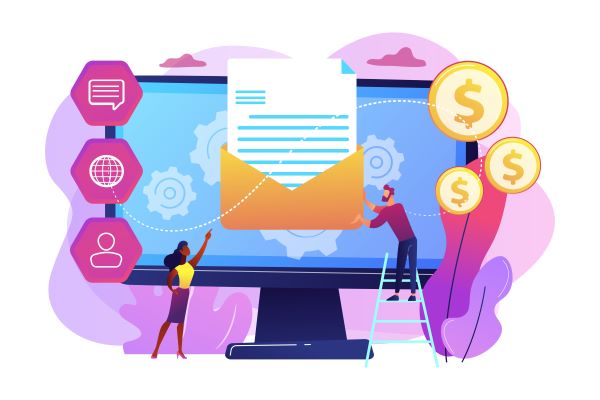
With the arrival of robots, we are now entering a new era of content generation! Well, it is a bit complicated in reality but with some computers doing things that they were not directly programmed to, the entire picture is now very exciting and a tad bit confusing. These days, we have text-generating, image-generating, and voice-generating AI tools. And many more that are probably being conceived as we are righting this (it’s not a bot for sure!) But this also gives rise to a whole lot of ethical questions. The ethics of AI is not something we can easily brush under the carpet in the name of technology and convenience.
Organizations that build AI tools have set principles to guide their decisions; governments like the European Union have weighed in on the issue of ethics in AI. But there are things that you would need to personally consider to better understand the use of AI for personal or work purposes.
What to Look Out For When Discussing AI Ethics?
This is by no means an exhaustive list but it definitely is comprehensive and can hopefully get you thinking (if you are already not, that is).
1. Consider the Risk Factor
Most advanced AI tools can be used for a broad range of actions. From writing emails for work leave to cheating people, AI can do it all. So how careful you need to be and how much human supervision is required will depend on the risk factor associated with a particular AI tool.
Now, all situations are not the same and thus, the responses and the actions will of course vary. If you are using ChatGPT to write a fictional story between two famous literary sleuths from different cultures and periods for your amusement, there is no harm. But if you are turning in your college assignment using artificial intelligence, it becomes murky. Thus, when the act entails greater risk, you will have to be super cautious about how much you can let AI run on its own.
2. The Potential to be Deceptive
Generative AI tools are highly useful and powerful. Thus, while using it, it is not just enough that you use caution but you must also provide a disclaimer for the readers or the end user. This disclaimer has two primary intentions:
- You cannot say that you cheated or lied.
- You are also allowing the readers to use their judgment and logical reasoning capacities. Tools like ChatGPT says everything with the same amount of certainty. So readers can figure out the loopholes and factual errors only if they are aware of the fact that it's artificial intelligence.
Ultimately, using AI and not telling people about it is a kind of fraud. Don’t do it!
3. Prejudice and Bias
Generative AIs are built on a dataset of content created by humans. Thus, apart from facts, racism, sexism, and other bigotry can also make inroads. Developers are of course trying their best to redress the situation but it is extremely nuanced and sensitive and would probably never be completely flawless (just like us!) So when using AI, be cautious and ensure that it does not produce stereotypical or harmful content.
4. Copyright Issues
The enormous data that generative AIs use are of course sourced from the public Internet. And it is no doubt that some copyrighted material has also ended up in the mix. All in all, right now the situation is messy and confusing, to say the least, and if not handled with caution, you can land yourself in trouble! So, what does it all boil down to?
The ethics of AI is still evolving because the uses and harms are still not clear to us. But one thing can be said with certainty: AI reduces the need for constant human intervention and thus, frees up time. But that does not mean that it should be without any supervision, especially when it concerns your business. So, keep proofreading and fact-checking your AI-generated pieces. That way, even when there are mistakes or biases, there will be a human in the loop to fix them.
Visit Helium CRM to know more.
Follow us on



